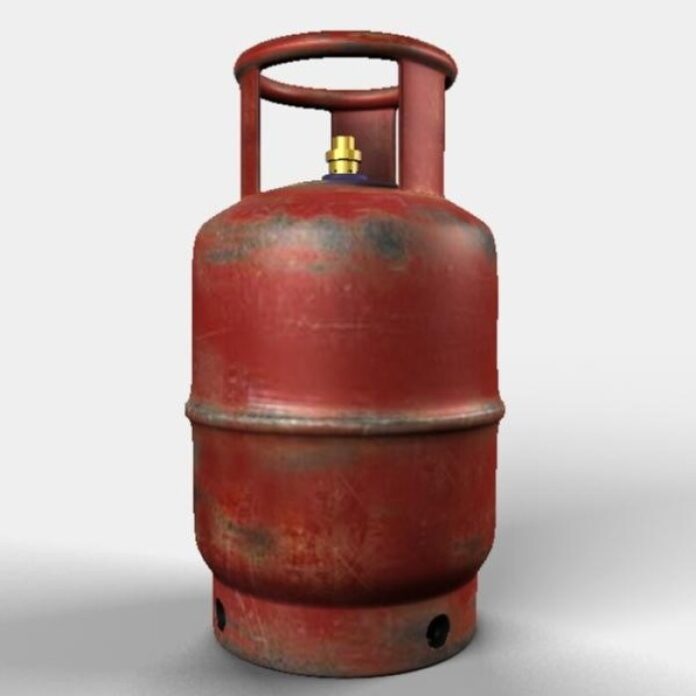The Federal Government says it had no immediate plans to ban the importation of gas cylinders as part of its LPG expansion and implementation plan.
Dayo Adesina, Senior Special Assistant on Domestic Gas in the office of the Vice President, said in Abuja that the government was working on first building local capacities before contemplating a ban.
According to Adesina who is also the Programme Manager, National LPG expansion and implementation, Nigeria still had a lot of cylinder deficits to fill in meeting the LPG expansion plan.
He explained that the plan was to get LPG to the remotest of villages and discourage use of firewoods and other fuels that are inimical to the environment.
Adesina said that of the nation’s over two hundred million population, there were only about two million gas cylinders, which he said was very poor compared to other countries.
He pointed out that Brazil with a population similar to Nigeria, has a cylinder population of 150 million and an additional five million injected annually.
For India, he said that the cylinder population was over 100 million while Mexico had a cylinder population of almost 100 million.
“But Nigeria, with 200 million people, less than 2 million Cylinders.
“So if you had 20 cylinder manufacturing plants it still won’t be enough.
“We have a new one that opened in 2019, two that are shut down and three that have sought approval for manufacturing.
“You cannot ban what you don’t have.
“Banning importation is not going to solve the problem it is going to worsen the problem,” he said.
He said that the government needs to move quickly to inject cylinders nationwide if it must keep its commitment to reducing emission.
He however stressed that banning importation now would not be a solution but rather to gradually build local capacity until the nation can become self-sufficient in production.
“What the government is doing is simple: take a mixture of local and foreign production.
“The ones that are to be imported, the manufacturer can supply the first set, the second set must be manufactured locally in Nigeria.
“If they are not ready to set up here we pair them up with local investors and technical partners,” he said.




